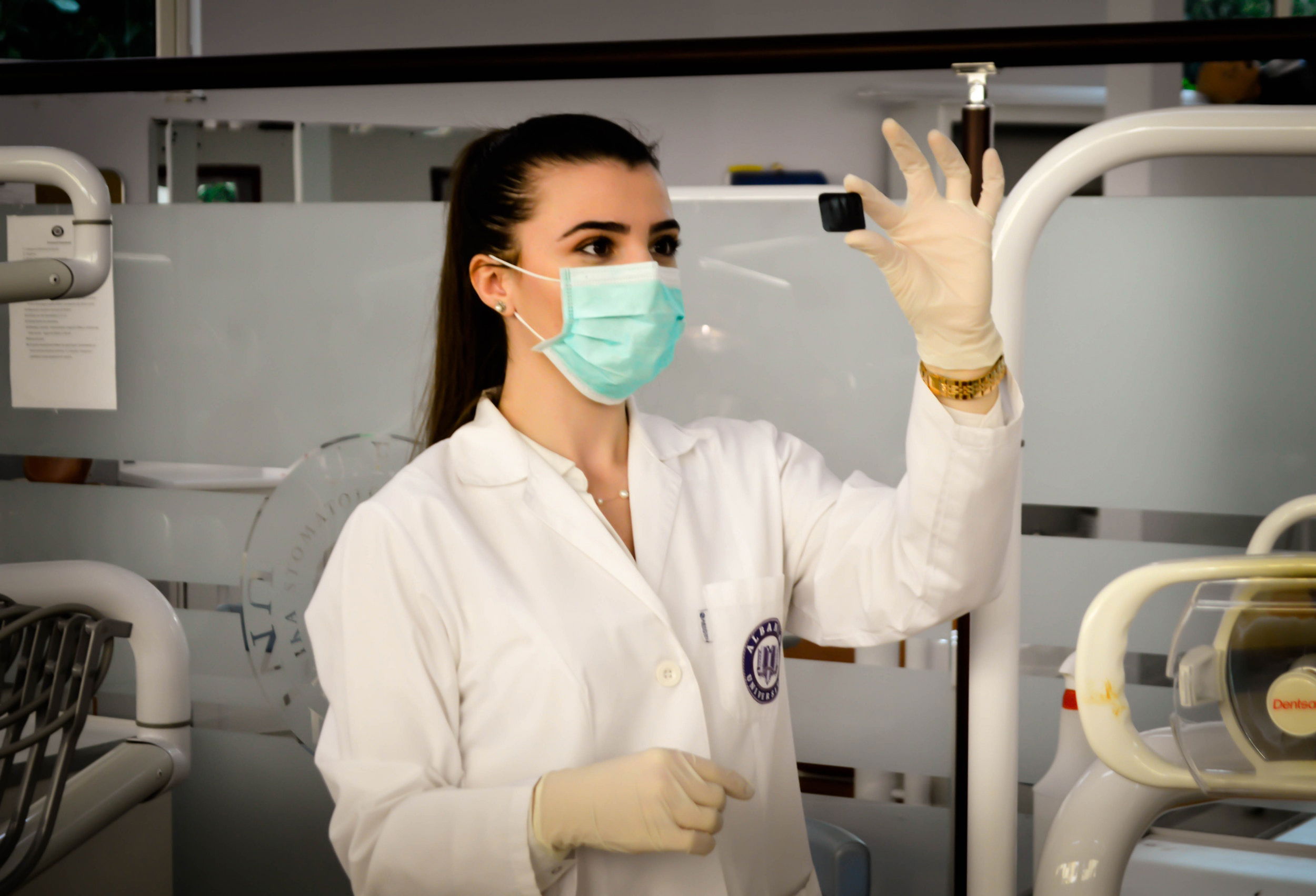Advancements in Healthcare: Paving the Way for a Brighter Future

The healthcare industry has witnessed remarkable improvements in recent years, transforming the way we access and receive medical care. These advancements have not only enhanced patient outcomes but also made healthcare more efficient, accessible, and cost-effective. In this article, we'll explore some of the key improvements that are shaping the future of the healthcare industry.

1. Telemedicine and Telehealth Services
Perhaps one of the most significant and timely improvements in healthcare is the widespread adoption of telemedicine and telehealth services. With the integration of technology, patients can now consult with healthcare professionals remotely, saving time and reducing the need for in-person visits. Telemedicine not only increases access to care, especially in rural areas but also minimizes the risk of exposure to contagious diseases during outbreaks.
2. Electronic Health Records (EHRs)
The transition from paper records to electronic health records (EHRs) has streamlined patient data management. EHRs enable healthcare providers to access and share patient information securely, reducing errors and duplication of tests, while patients can easily access their own medical records. This improves the overall quality of care and facilitates collaboration among healthcare providers.
3. Artificial Intelligence (AI) and Machine LearningAI and machine learning have revolutionized diagnostics and treatment planning. These technologies can analyze vast amounts of medical data to identify patterns and predict health outcomes more accurately. AI-driven tools are used to develop personalized treatment plans and optimize hospital operations, ultimately leading to better patient care.
4. Wearable Health Technology
Wearable devices like fitness trackers and smartwatches have empowered individuals to take charge of their health. These gadgets monitor vital signs, physical activity, and sleep patterns, providing users with valuable health insights. They can be particularly helpful for early detection and management of chronic diseases.
5. Personalized Medicine
Advancements in genomics have paved the way for personalized medicine. By analyzing an individual's genetic makeup, healthcare providers can tailor treatments to a patient's unique characteristics, increasing the likelihood of successful outcomes and minimizing side effects.
6. Remote Monitoring
Remote monitoring technology is changing the way chronic diseases are managed. Patients with conditions like diabetes or hypertension can transmit vital signs and health data to their healthcare providers in real-time, allowing for early intervention and reducing the need for frequent in-person appointments.
7. Pharmaceutical Innovations
The pharmaceutical industry continues to make strides in the development of new medications and therapies. Targeted therapies and biologics have provided new treatment options for conditions like cancer and autoimmune diseases, with fewer side effects compared to traditional treatments.
8. Mental Health Integration
Mental health is gaining recognition as an essential component of overall well-being. Healthcare systems are increasingly integrating mental health services, breaking down stigmas, and ensuring that individuals have access to support for their emotional and psychological needs.
9. Global Collaboration and Research
The healthcare industry has become more interconnected on a global scale. Collaboration among countries, organizations, and researchers has accelerated medical breakthroughs, such as the rapid development of COVID-19 vaccines. This international cooperation holds promise for addressing global health challenges.
10. Preventative Care and Public Health Initiatives
There is a growing focus on preventative care and public health initiatives aimed at reducing the burden of preventable diseases. Efforts to promote healthy lifestyles, vaccinations, and disease awareness are critical to preventing illness and improving overall community health.These improvements in the healthcare industry are not only exciting but also crucial for addressing the evolving healthcare needs of our society. As technology continues to advance and healthcare providers embrace these innovations, we can look forward to a future where healthcare is more accessible, efficient, and tailored to the individual, ultimately leading to better health outcomes and improved quality of life for all.